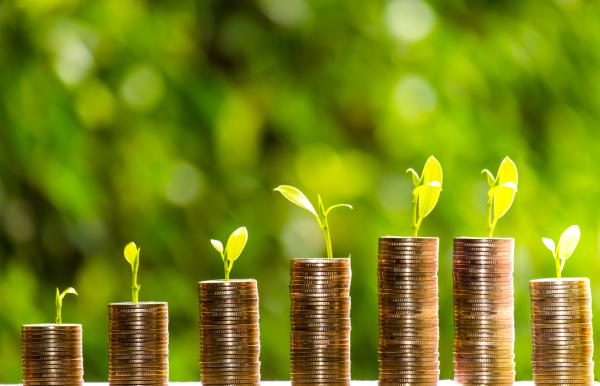
Today, the European Investment Bank (EIB) and the Green Climate Fund (GCF) announced their collaboration in the Green and Resilience Debt Platform, a vehicle that aims to boost climate finance in Africa. The platform contributes to the European Union’s Global Green Bond Initiative, which relies on a governance structure defined by the European Commission and European development finance institutions. It will be implemented in partnership with the United Nations Development Programme and United Nations Capital Development Fund. The announcement came in the margins of the First EIB Group Forum in Luxembourg, which gathers policymakers, financial institutions and business leaders to discuss pressing issues of the time.
The new platform will focus on climate resilience and blue bonds in Africa. It will provide technical assistance to partner countries, promote a climate sensitive investment environment, create a pipeline of bankable green investments, and strengthen domestic and regional green debt ecosystems and financial institutions. It will also provide access to anchor investments in green bond issuances.
GCF will provide financing through its Project Preparation Facility window to support the design and establishment of the Green and Resilience Debt Platform. This support will initially focus on Cote d’Ivoire and Kenya with the potential for additional countries to be added. GCF will examine the platform’s feasibility and impact in these countries, in playing a unique role to align large financial flows with each country’s Nationally Determined Contribution and National Adaptation Plan.
A green, inclusive and resilient economic development worldwide requires an unprecedented scale of investment, particularly in high-quality infrastructure. Green bonds are widely recognized as part of the solution. Global experience has shown they are key in mobilising capital from private investors for investments with environmental impact. However, emerging and developing economies face specific barriers when it comes to green bonds. Their respective markets remain largely underdeveloped and continue to grow at a much slower pace than those of developed countries. The situation is particularly grim in least developed countries on the African continent. Africa accounted for only 0.077% of the total bond issuances 2021. In 2019/2020, only 3% of the total climate finance provided worldwide went to sub-Saharan Africa.